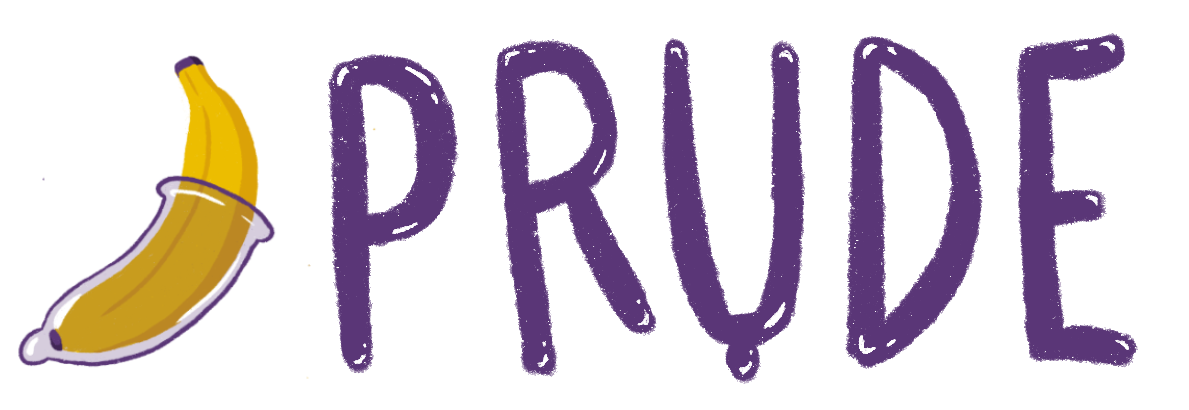Share This Article
You may have seen her on Lorraine, on a billboard somewhere in the UK, or modelling Pineapple Dance Studios clothing for Next – Leanne Pero is making conversations about cancer more inclusive day-by-day. A cancer survivor, body positivity advocate and founder of Black Women Rising (BWR), a support project for people of colour with breast cancer, Leanne was just 30-years-old when she was diagnosed with the disease herself.
Before her cancer was detected, Leanne’s concerns about a growing lump under her armpit were shrugged off, both because of her age and because of her mum’s breast cancer diagnosis just six months before her own. It was only because her massage therapist – who Leanne says saved her life – was so persistent, that she went back to the doctor.
“Everyone said I was being paranoid because of my mum,” she says. “And when I did raise the concern with my doctor, he sort of said to me ‘you’re too young, stop worrying – you were there seeing your mum go through this, it’s not going to be anything’.”
But it was something. When Leanne was eventually listened to, she was diagnosed with stage 3 breast cancer. This month, Scotland approved a new drug treatment for the disease called sacituzumab govitecan, a biological therapy drug that ‘block(s) the growth and spread of cancer’. Though this may be a step forward for tackling cancer after diagnosis, a lack of representation, unequal care and tendency to ignore concerns may be hindering Black people and young people’s confidence in seeking medical help in the first place.
The dismissal of young people with breast cancer symptoms is all too frequent, yet it’s the most common type of cancer in people with breasts aged 15-39. Additionally, research shows that triple negative breast cancer (TNBC), a rare type of cancer that does not have any receptors, disproportionately affects Black people and is most common in young people.
Black Women Rising’s 100 Women Survey highlights the reality of young people receiving a breast cancer diagnosis, with 20 per cent of respondents under the age of 34.
“At Black Women Rising, a lot of our audience is young women. I think because I was diagnosed at such a young age, this has drawn them to the programme,” Leanne says. “We have some as young as 21 and 22 going through breast cancer. The 100 women study highlights that this is a very real issue.”
Another real issue for Black Women Rising are concerns surrounding cancer, including a lack of suitable wigs available after hair loss, and prosthetic breasts or nipples not matching skin tones. “We’re seeing huge disparities in care, and this is where Black Women Rising really exists because we’re seeing a lot of women being brushed off exactly the same way I was,” says Leanne.
These disparities are heightened by a lack of representation of people of colour in mainstream media. The 100 Women Survey found that 96 per cent of respondents said they don’t see enough people of colour in the media talking about breast cancer.
Leanne says this is improving, though she questions whether it’s for genuine reason: “Is it tokenistic or not? Who knows, but at least we’re seeing it. I’m taking part in some wonderful conversations high up in the cancer care services with the people that can influence change, which is a huge development from a few years ago when I started the foundation.”
BWR’s aim is to “educate, inspire and bring opportunities for women from the BAME community”. Leanne says this is the way to clarify the false narrative that ‘cancer isn’t a “Black disease’’ and thinks educating people about how cancer isn’t ‘exclusive’ will hopefully ignite conversations naturally. “Seeing Black people featured in campaigns is part of creating healthy conversations,” she says. “Subtle things like this will help people realise that cancer doesn’t exclude them.”
Cancer is still a taboo topic within the Black community, but Leanne is determined to ensure people, particularly young people, follow their gut if something doesn’t feel right.
“The results of the study show that you should ignore anybody that’s telling you not to go [and get checked out]. I was told not to be nervous and 99 per cent of people told me I’d be fine. It was my instinct that led me forwards,” says Leanne.
They say that cancer doesn’t discriminate, yet the environment surrounding a cancer diagnosis is still far from equal. Despite this, Leanne’s advice to young people is to stop worrying so much, because everything will be OK,
“The huge thing I’ve learned through my work on Black Women Rising – seeing sad stories as well as positive stories, is that tough times never last and there’s always light at the end of the tunnel.”
Enjoyed this article? Read more here: ‘I was begging to just die’: Meet three women living with chronic UTIs



